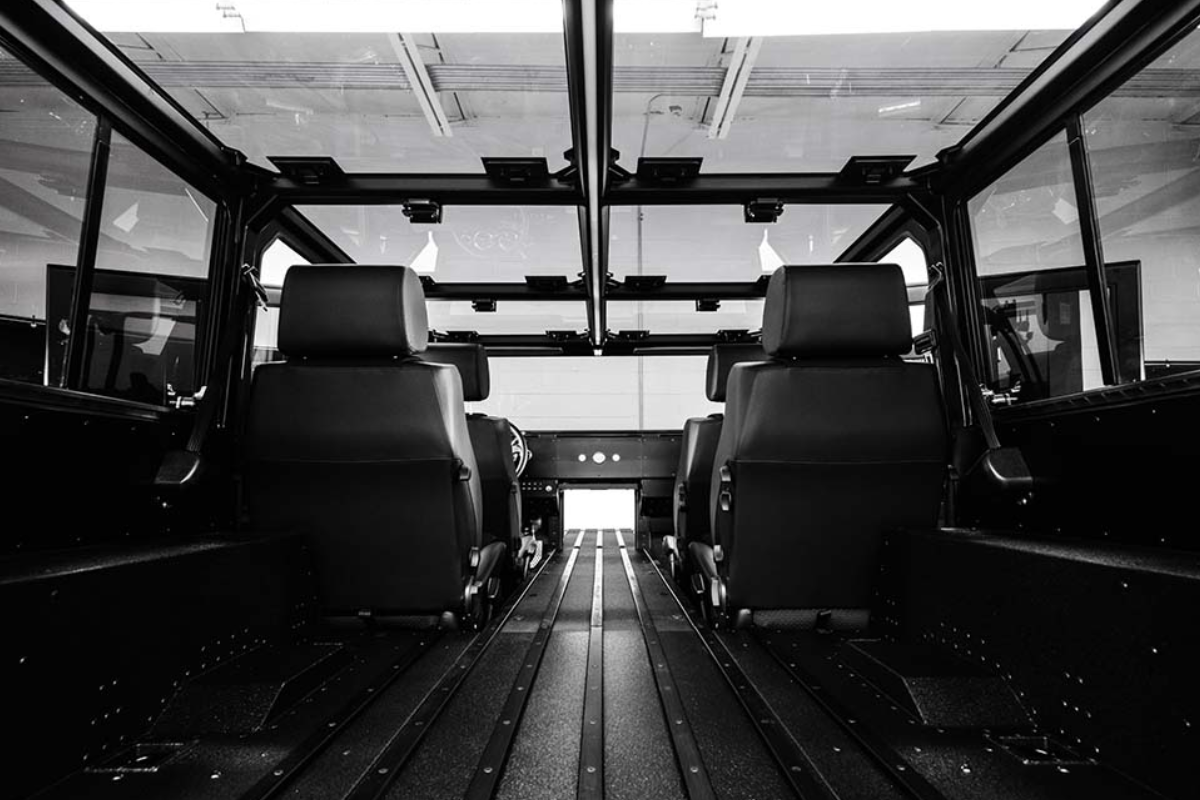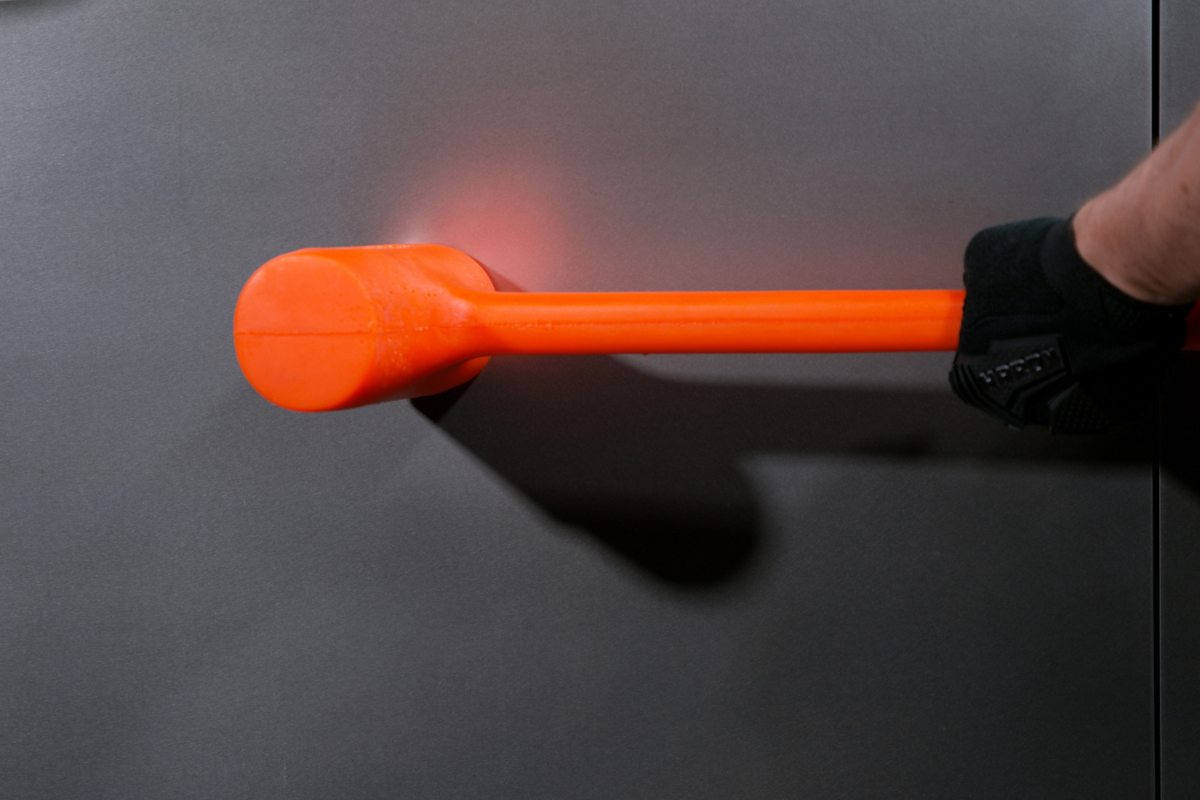George Boulton
August 15, 2024

George Boulton
August 15, 2024

Discover how a truck evolves from a conceptual idea to a finished product.
Feedback from testing and consumer clinics is paramount.
Each stage is crucial in creating a vehicle that meets consumer needs while also pushing the boundaries of automotive design.
The design process begins with concept development, where designers and engineers brainstorm ideas that align with market trends and consumer demands.
This phase involves extensive research, including analyzing competitor models, understanding customer preferences and forecasting future needs. 
Designers sketch multiple concepts, exploring various themes and styles that capture the brand’s essence while introducing new elements.
Digital Modeling and Simulation
Once a concept is selected, the next step involves creating digital models using advanced computer-aided design (CAD) software.
This allows designers to visualize the truck in 3D. Then they run simulations to test aerodynamics, weight distribution and structural integrity.
Prototyping
Prototyping is a critical phase where digital models are transformed into physical prototypes.
These full-scale models allow designers to evaluate the truck’s look and feel in real life, making adjustments to improve ergonomics and aesthetics.

Prototypes undergo rigorous testing in various environments to assess performance, durability, and safety features.
The Tesla Cybertruck, with its radical design, required multiple prototypes to perfect its unique exoskeleton and integrate advanced features, while also complying with America’s safety laws.
Feedback from testing and consumer clinics is paramount.
Manufacturers often gather insights from potential customers to ensure the truck meets expectations.
Changes are made to enhance comfort, usability and style, ensuring the final product resonates with the target audience.
After refining the design, the truck enters final production.
Engineers work closely with manufacturing teams to ensure that the design can be efficiently produced while maintaining quality and safety regulations.
This phase includes finalizing materials, assembly processes and quality control measures.
